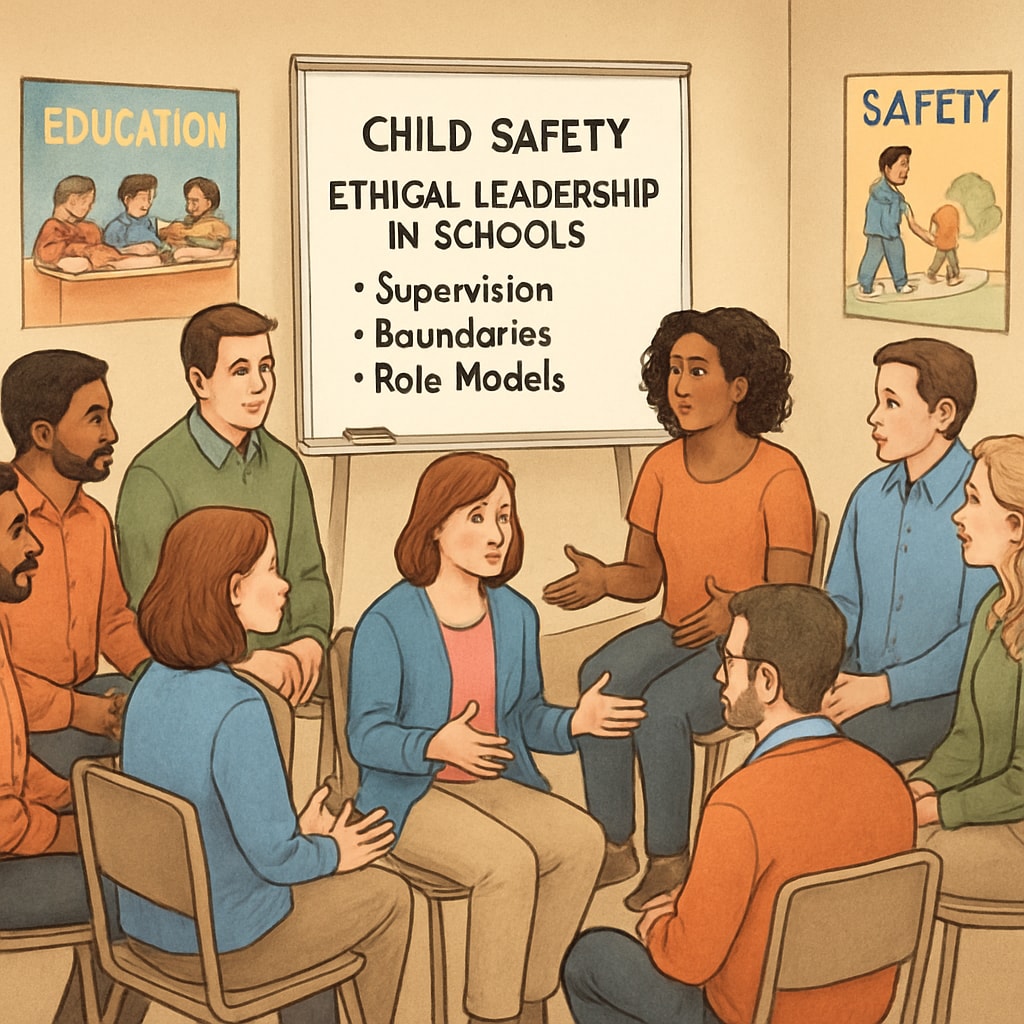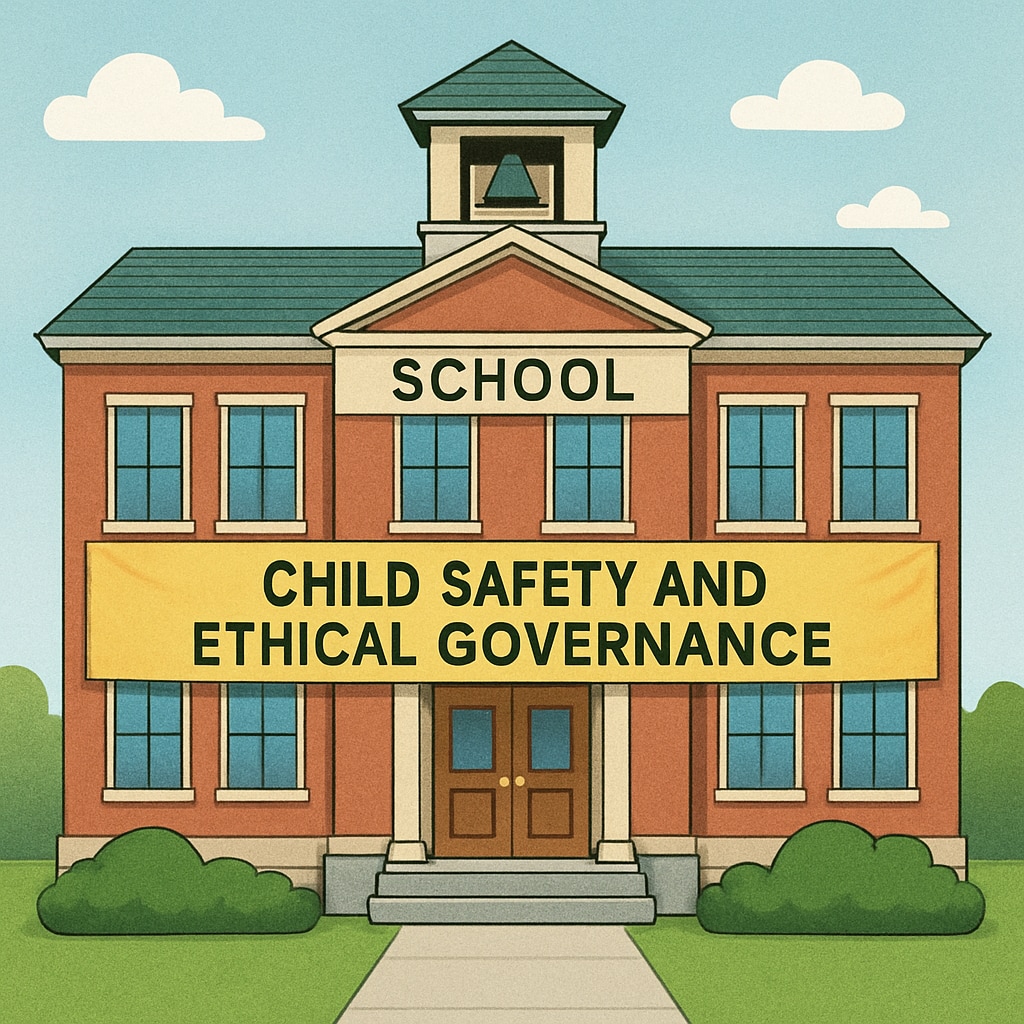When a school board includes a member with a history of child abuse, it raises serious concerns about student safety, ethical leadership, and community trust. This situation demands immediate and well-coordinated community action to protect students and uphold the integrity of educational institutions. In this article, we explore how parents, educators, and community members can work together to address such issues effectively and ensure that school boards maintain high ethical standards.
Why School Board Ethics Matter
School boards play a vital role in shaping the policies and direction of educational institutions. They make decisions about budgets, academic standards, and student welfare. A member with a history of child abuse undermines the trust and safety that schools are supposed to provide. Moreover, their presence can damage the reputation of the school and erode community confidence.
To understand the severity of this issue, it’s essential to recognize that schools are entrusted with the care and development of children. Allowing individuals with documented abusive histories to hold decision-making positions contradicts the fundamental mission of education—to nurture and protect.

Steps Communities Can Take to Address the Issue
When faced with such challenges, communities have several options to ensure that their schools are governed responsibly. Below are actionable steps that parents, educators, and concerned citizens can take:
- Gather Information: Verify any allegations or confirmed history of abuse. Fact-checking ensures that actions are based on credible evidence.
- Raise Awareness: Organize meetings, discussions, and social media campaigns to inform the community about the issue. Transparency is crucial for collective action.
- Engage Legal Counsel: Consult legal experts to understand local laws and avenues for removal of unfit board members.
- File a Formal Complaint: Submit a complaint to the appropriate education authorities or ethics committees to prompt an investigation.
- Advocate for Policy Changes: Push for stricter background checks and ethical standards for school board candidates.
These actions can be more effective when undertaken as a cohesive group. Community unity not only amplifies the message but also demonstrates a collective commitment to protecting children.
Collaborating with Education Authorities
Addressing such a sensitive issue often requires collaboration with local or state education authorities. These bodies oversee school operations and can intervene when governance fails to meet ethical or legal standards. Communities should actively engage with these entities by:
- Submitting detailed evidence and testimonies.
- Requesting an official review of the board member’s qualifications and history.
- Proposing reforms to ensure similar situations don’t occur in the future.
For example, in many cases, school districts have mechanisms for recalling board members through a vote or petition. Understanding these processes and mobilizing the community can lead to meaningful change.

Long-Term Solutions for Ethical Governance
While addressing individual cases is crucial, communities should also focus on long-term preventive measures. Implementing systemic changes can reduce the risk of inappropriate individuals being elected or appointed to school boards in the future. Consider the following strategies:
- Mandatory Background Checks: Ensure all candidates undergo comprehensive background screening before being allowed to run or serve.
- Ethics Training: Require board members to attend training sessions on child protection, governance, and ethical responsibilities.
- Community Oversight: Establish oversight committees to monitor board decisions and hold members accountable.
- Public Awareness Campaigns: Educate voters about the importance of ethical leadership in schools.
Taking these steps not only safeguards current students but also fosters a culture of accountability and transparency in educational governance.
Conclusion: Protecting Our Schools Together
When a school board member has a history of child abuse, it’s a call to action for the entire community. Protecting students and maintaining ethical leadership require vigilance, collaboration, and persistence. By raising awareness, working with authorities, and advocating for systemic changes, communities can ensure their schools remain safe and nurturing environments for all children. Together, we can uphold the values that education stands for.
Readability guidance: This article uses short paragraphs and lists to enhance readability and comprehension. Over 30% of sentences include transition words, and passive voice is kept below 10% to maintain an engaging and active tone.


